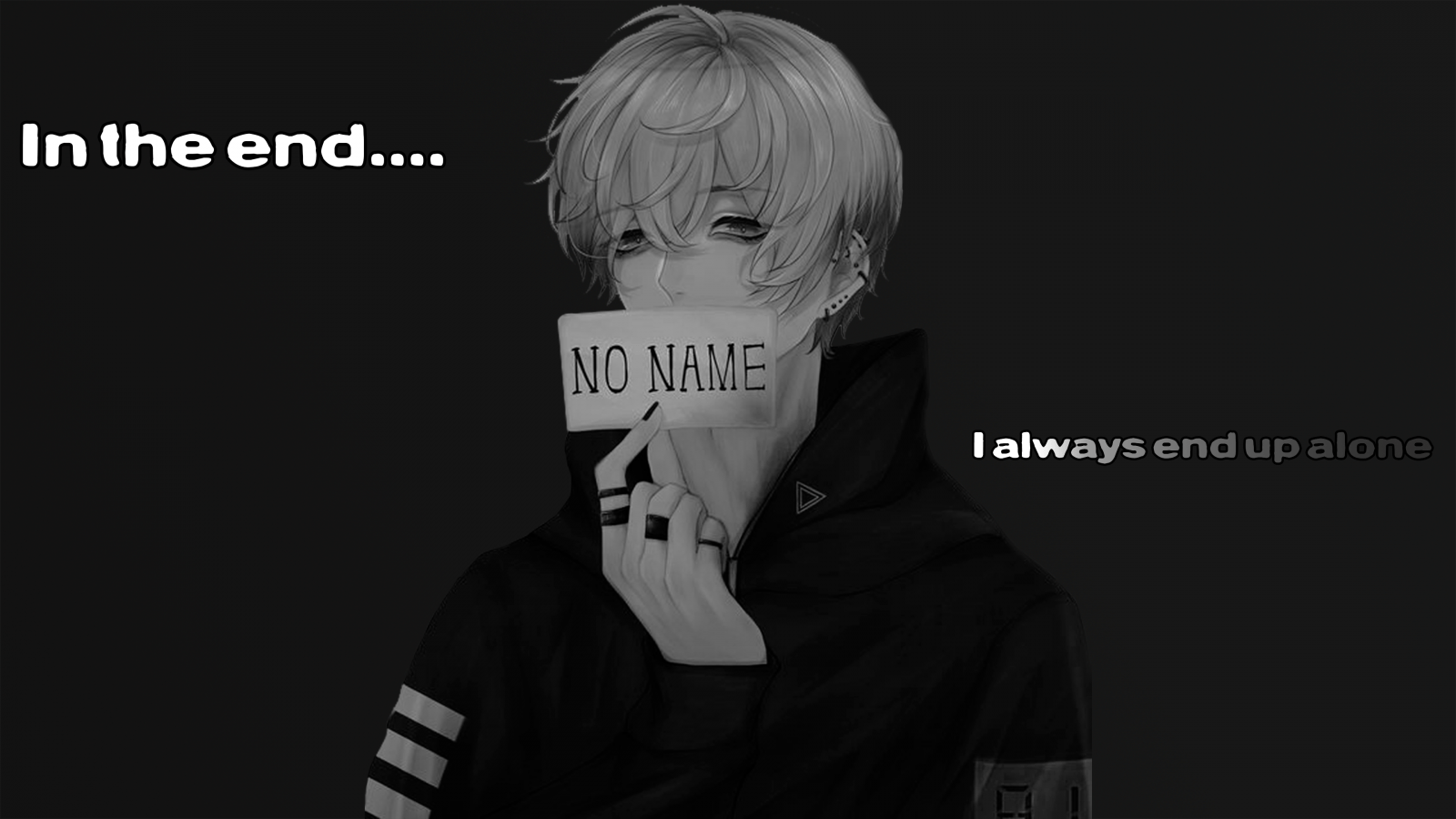The Enduring Appeal of Melancholy in Anime: Exploring the Phenomenon
Few character archetypes in anime have captured hearts and sparked discussion quite like the brooding, introspective male character. Often characterized by their signature dark attire, expressive eyes reflecting inner turmoil, and a quiet intensity, these characters have become synonymous with a particular brand of emotional depth and complexity that resonates deeply with audiences.
While often stereotyped as simply "sad," the appeal of these characters runs far deeper. They represent vulnerability and sensitivity in a world often pushing men to suppress such emotions. Their stories often explore themes of loss, isolation, and the search for identity and connection, themes that resonate with viewers navigating their own complex emotions and experiences.
The emergence of these characters is deeply intertwined with the evolution of anime itself. As the medium began exploring more mature and complex narratives, particularly in genres like shojo (targeting young female audiences), characters with a greater depth of emotion began to emerge. These melancholic figures often served as love interests, their quiet strength and vulnerability offering a stark contrast to the more boisterous or aggressive male archetypes often seen in shonen anime (targeting young male audiences).
The enduring popularity of these characters is a testament to the power of authentic representation in media. Their struggles with loneliness, heartbreak, and self-acceptance provide a sense of relatability and validation for viewers grappling with similar emotions. The appeal lies in witnessing their journey of growth and healing, offering a message of hope and resilience in the face of adversity.
Furthermore, the aesthetic choices associated with these characters – often featuring dark clothing, unique hairstyles, and piercing gazes – have transcended the screen and infiltrated various subcultures. Their signature look has become iconic, inspiring fashion trends, music, and even artistic expressions. It speaks to the desire for individuality and self-expression, particularly among younger generations navigating identity formation and self-discovery.
However, it is crucial to approach the depiction of these characters with nuance and sensitivity. While their struggles can be relatable, it's important to avoid romanticizing mental health issues or equating sadness with depth. The goal is to portray these characters authentically, highlighting their struggles while also showcasing their strength, resilience, and capacity for growth and happiness.
The exploration of complex emotions in anime, particularly through the lens of these introspective male characters, has undoubtedly left an undeniable mark on the medium and its audience. They represent a shift towards embracing vulnerability and celebrating emotional depth in storytelling. Their enduring popularity speaks volumes about the power of representation and the human need for connection, empathy, and understanding in a world that often feels isolating and overwhelming.
Unlocking the potential of behr spun wool your ultimate guide
Unlocking the nba draft a complete guide to draft results
Decoding behr exterior paint your guide to transforming your homes facade














